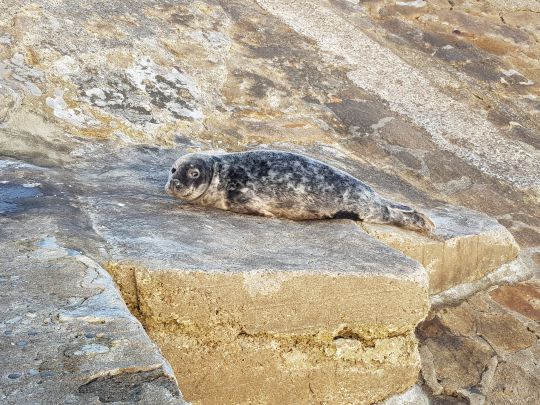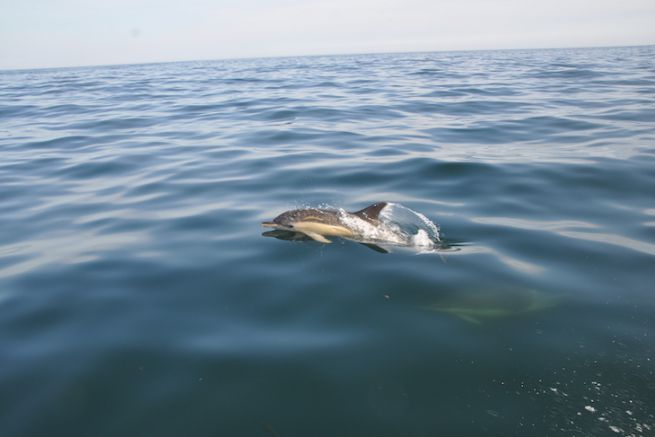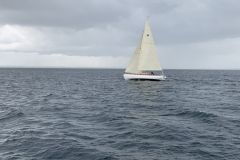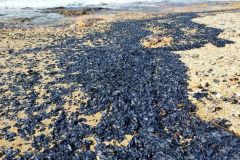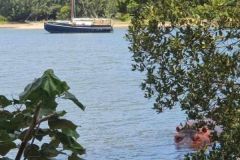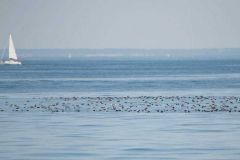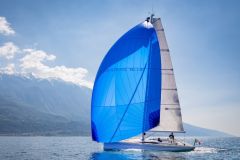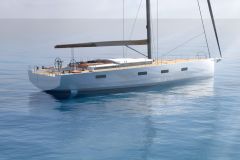With containment, marine birds and mammals have regained their rights to nature. A bit like everywhere else, even in big cities. But with the possibility of travelling more than 100 km again, scientists are worried about a massive influx of tourists and boaters disrupting the habits taken by these animals for two months.
Thus, Bretagne Vivante, an association for the study and protection of nature in Brittany, calls for the respect of good practices. On land, as well as at sea.
On the ground
- Respect the regulations of the island on which you disembark and pay attention to the marine signs.
- Avoid taking your pets with you or keep them on a leash at all times.
- Pay attention to the behaviour of the birds to avoid disturbing them. If they fly away by squeaking or faking injuries, they are either disturbed or are trying to keep you away from their offspring.
- Avoid the top of the beach, as some birds such as terns or gravelbirds lay their eggs there.
- On small isolated islands, stay on the paths and watch where you set foot.
- If nests or chicks are found, do not touch them and walk away.
- Avoid causing birds to fly away. Some juveniles are not yet armed to fly away, not to mention the stress involved.
Finally, if you come across a stranded marine animal, contact the Pelagis marine observatory on 05 46 44 99 10 and report the location of the discovery, the species and the condition. Do not touch it, as it could be a vector of disease.
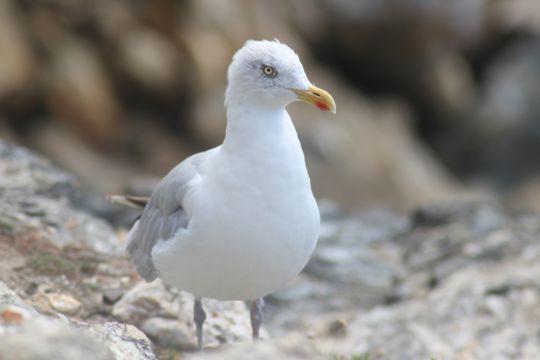
At sea
At sea too it is possible to meet people and once again it is important to respect the fish and mammals that live there. If it is possible to observe them, they should not be disturbed. Here are some good practices to respect:
- Maintain a distance of 100 m and admire them with binoculars, unless the animal comes to the boat spontaneously
- Moderate your speed
- Don't disturb them too long
- Don't chase them
- Favour a parallel trajectory rather than cutting off their route
- Do not touch them or swim with them. They are fragile and wild animals.
- Avoid newborns
- Leave the observation area if the animals show that they are disturbed (acceleration, change of course, search for distance...)
